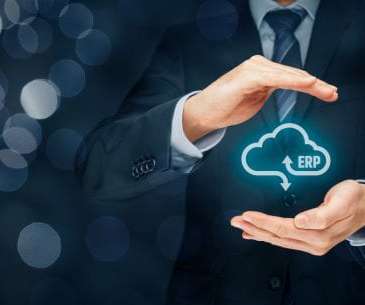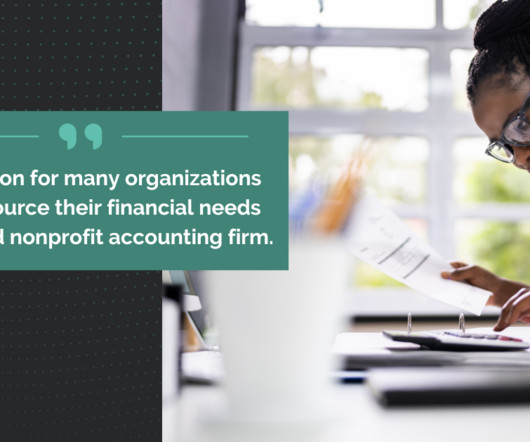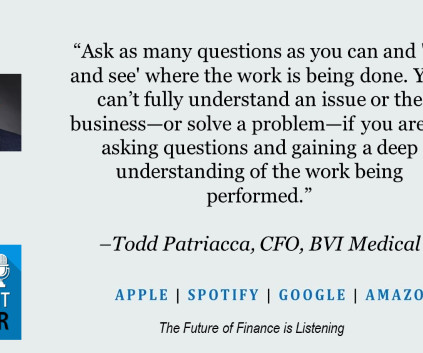How Data Guides A New Era For The ERP
PYMNTS
MARCH 4, 2020
Similar challenges have emerged in the traditional ERP’s ability to meet modern financial planning, cash flow forecasting, and risk analytics needs, he added. Efforts to modernize procurement and accounts payable are also opportunities for data integration with the ERP.



















Let's personalize your content